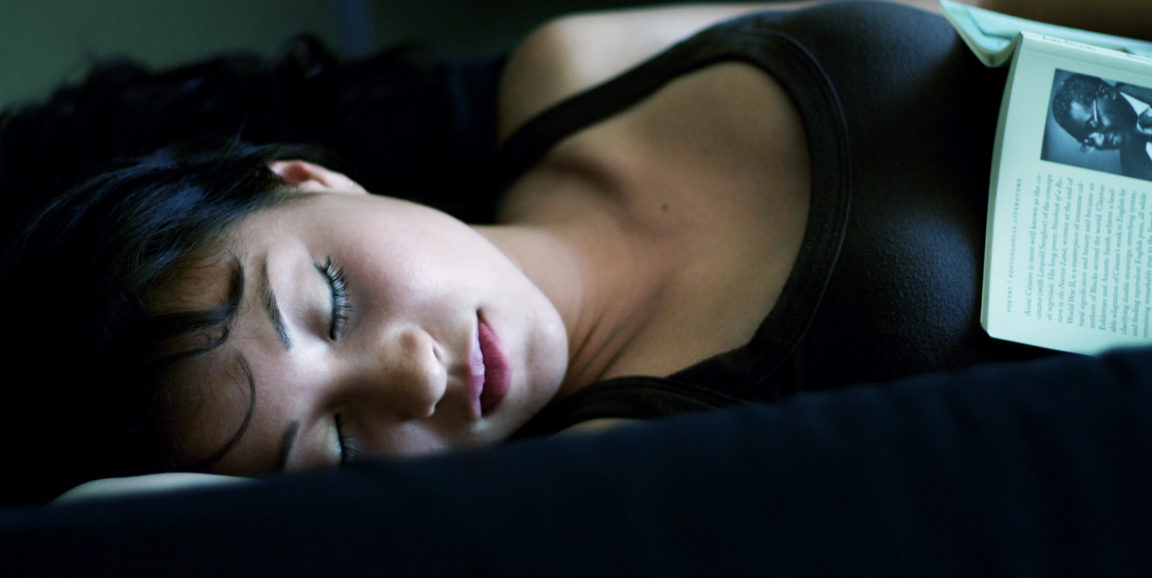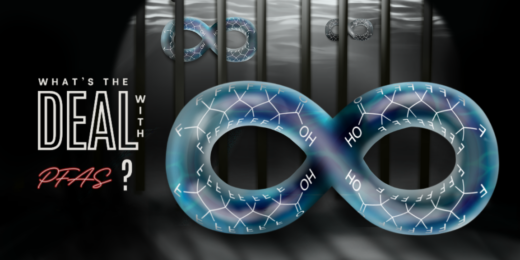For more than 20 years, Stanford's Jamie Zeitzer, PhD, has been studying the things that get in the way of a good night's rest. Now, he's turning his attention to some of the most fundamental questions in the field of sleep research.
"I finally reached the point in my career where I'm asking the questions I probably should have asked when I started," Zeitzer joked as he began his presentation on recent advancements in sleep monitoring at this month's Precision Health and Integrated Diagnostics seminar held at Stanford.
"What exactly is sleep?" Zeitzer asked the audience, giving them a taste of the kind of questions his research now addresses.
"We know what sleep is, but we cannot define it well," Zeitzer explained. Part of the problem is, he said, "there are many things you can do to measure sleep, but most of them are completely artificial and are based on 1950s tech... Newer tech is in the pipeline, but it's still not the best way to measure sleep, particularly in the context of precision health.”
For example, for a person who falls asleep shortly after they go to bed, most monitoring devices that detect sleep using breathing patterns or movement would appear accurate.
Yet, for people with difficulty sleeping — the people who need their sleep monitored — these devices would fail because they cannot distinguish between quiet wakefulness and light sleep.
Another issue is that many wristband sleep monitoring devices and beside-the-bed phone apps provide feedback that’s vague and fails to give the user a clear course of action. Simply being told you’re a “good” or “bad” sleeper isn’t terribly informative, Zeitzer said. The kind of feedback that would be most helpful is something along the lines of “every time you go to this Mexican restaurant at 8 p.m. you don’t sleep well."
Researchers — and sleepers — need a device that can accurately assess how you slept and the data it collects needs to be actionable, Zeitzer said.
To see which of the existing measures of sleep are most accurate, Zeitzer conducted a study with Katherine Kaplan, PhD, a clinical instructor of psychiatry and behavioral sciences. Kaplan, Zeitzer and colleagues examined several metrics commonly used to assess the quality of a person's sleep in a study of 3,173 men and women between the ages of 39 and 90. In the study, they compared how the participants reported they slept, to data collected by two common sleep tests (polysomnography and electroencephalography).
The results were sobering. The metrics "explained very little of 'how did you sleep last night?'," Zeitzer said.
Zeitzer explained that he wanted to see if a new metric could do a better job of measuring sleep quality, and he described the results of a recent study he conducted with Tim Althoff, a Stanford computer science graduate student. They studied a cohort of more than 32,000 people who used wearable devices to track a total of more than 3 million nights of sleep. They then compared the study participants’ sleep data to their performance on a simple interaction task — how long did it take them to click on a search result after typing their query into a search engine?
The results were promising, showing that people had slower click times late at night and early in the morning (a time that corresponds to the period of "sleep drunkenness" that occurs two hours after waking).
"I think this is the first real-world measure of how long it takes people to wake up," Zeitzer said.
In the future, Zeitzer said he would like to continue to explore search engine metadata as an unobtrusive measure of a person's performance and an indirect measure of sleep quality.
For example, how much sleep does each person need? What happens if you have two or more consecutive nights of bad sleep? These are "the big questions" Zeitzer says he aims to answer.
Photo by mark sebastian




